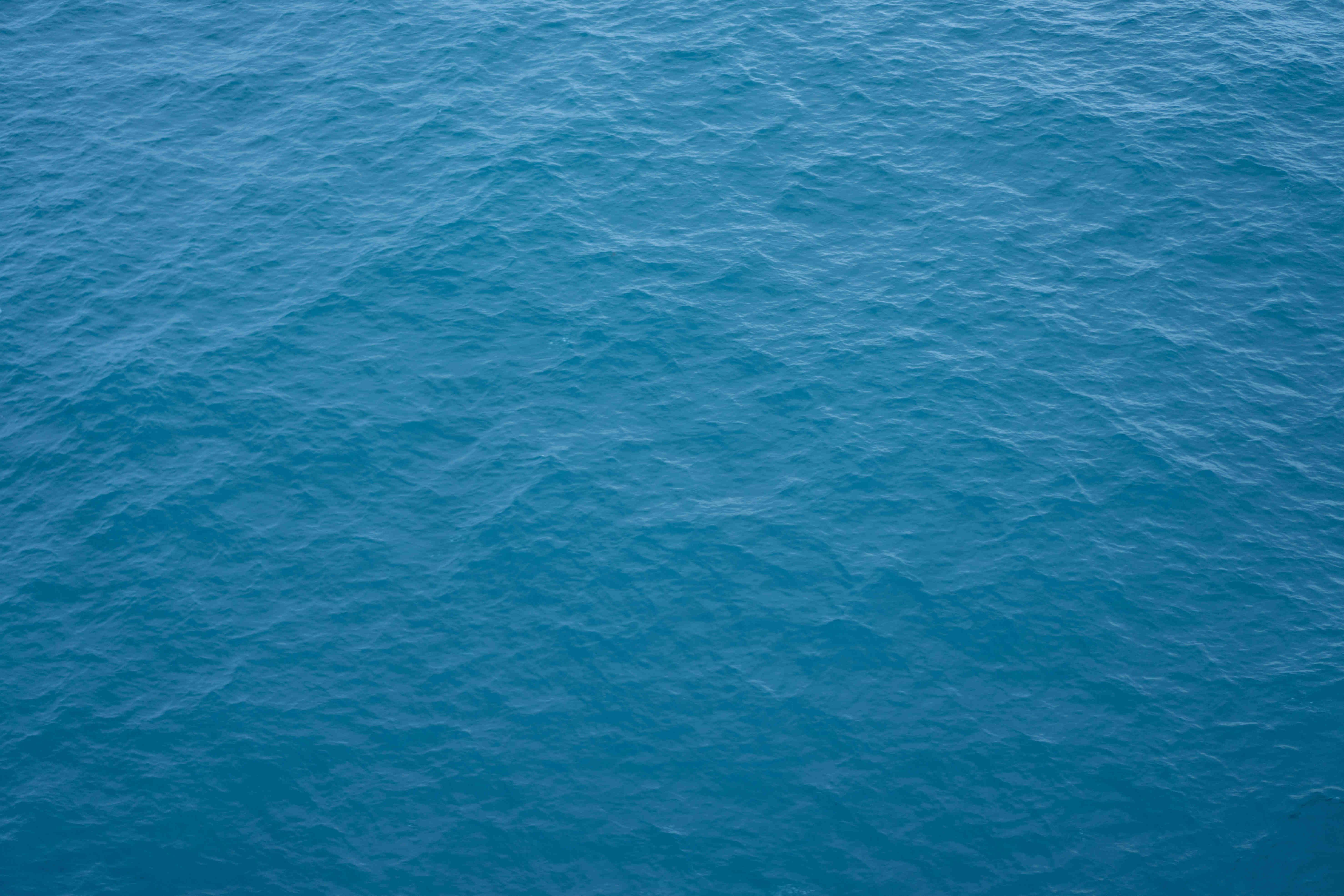The Republic of Nauru and the countdown for deep seabed mining
If you would be following the news lately, you probably noticed some movement in the deep seabed mining world. On June 25th, a small country in the Pacific Ocean sent a letter to the ISA (here) and requested to finish all the preparation for exploitation and commence deep seabed mining in two years time.
It took me a while to decide whether I should write about it or not, as then I must shift my focus from the draft agreement and meddle in the politics. Nevertheless, after some thinking I found three important aspects (who, how and why) that let you better understand the whole deep seabed mining contexts and that are not entirely political. Furthermore, the idea to create this Blog was to share my ideas and insights and I cannot find any reason to change this conviction.
So, who is the Republic of Nauru? Honestly, I am not considering myself a geography expert just doing okay. Nevertheless, the Republic of Nauru, I heard the name before but never put too much taught into it. So apparently it is a small country in an island, a very small island, a very remote island, a very in the middle of nowhere or in the middle of the Pacific Ocean. In numbers, it has around 10 000 population, and the island is around 21 km2 if you believe Wikipedia of course.1
However, facts are facts, the Republic of Nauru is a small island nation with low population, low economic and political power. Please correct me, but what influence a nation of 10 000 can have, maybe it would be different if they would have a nuclear weapon. Nonetheless, a small nation managed to shake the world by drawing an exact line when deep seabed mining should start . How that is possible? Read about the main deep seabed mining principle and the answer will be a little clearer (here).
So how they did it?
First, the special legal status of the Area and its resources.
Second, it is permitted by the fundamental legal document of deep seabed mining.
The Agreement (to see the full document) Section 1 paragraph 15 (b) states that:
If a request is made by a State referred to in subparagraph (a) the Council shall, in accordance with article 162, paragraph 2(o), of the Convention, complete the adoption of such rules, regulations and procedures within two years of the request. The Council should adopt the necessary documents in two years or if they fail the Section 1 paragraph 15 (c) activates which states that:
if the Council has not completed the elaboration of the rules, regulations and procedures relating to exploitation within the prescribed time and an application for approval of a plan of work for exploitation is pending, it shall none the less consider and provisionally approve such plan of work based on the provisions of the Convention and any rules, regulations and procedures that the Council may have adopted provisionally, or on the basis of the norms contained in the Convention and the terms and principles contained in this Annex as well as the principle of non-discrimination among contractors.
So, if the required legal documents (for deep seabed mining) are not approved in two years (not sure if that will be the case as they are probably almost ready), the plan of work will be considered and might be approved. All in all, deep seabed mining is coming home in two years. Can it be stopped? It might but it is very much unlikely.
The last point that I want to reflect upon why, what is the motive to start deep seabed mining so soon? The simplest and almost always correct answer is money. Honestly, I did not do any research or anything of that sort to reveal some uncovered truth. But let's face some obvious facts. The Republic of Nauru is a small island where not much can be done, what can generate revenue for this island? Probably tourism, fish. If we can believe the internet, the sale of commercial fishing licenses is a significant revenue stream for this island.2 Thus, what could have happened if a rich company come and suggest paying the country to get its sponsorship. That is the story of the DeepGreen now the MetalsCompany and the Republic of Nauru.
Unfortunately, there is no information how much it costs for a company to buy a country and have a strong influence on its decisions but if we believe and consider the GreenPeace report 3 it might be up to 4 million dollars a year and in addition, a 25% business profit tax (if they would pay any). However, people are doing much more for much less (well we have no idea of the exact amount). One way or another there would be another country would take the same deal leaving other countries including the Republic of Nauru with no additional revenue and with the same problems - danger over the world oceans.
One thing is certain, exploitation is coming you want it or not and we can start the countdown!
1https://en.wikipedia.org/wiki/Nauru
2https://www.britannica.com/place/Nauru
3https://www.greenpeace.org/international/publication/45835/deep-sea-mining-exploitation/
